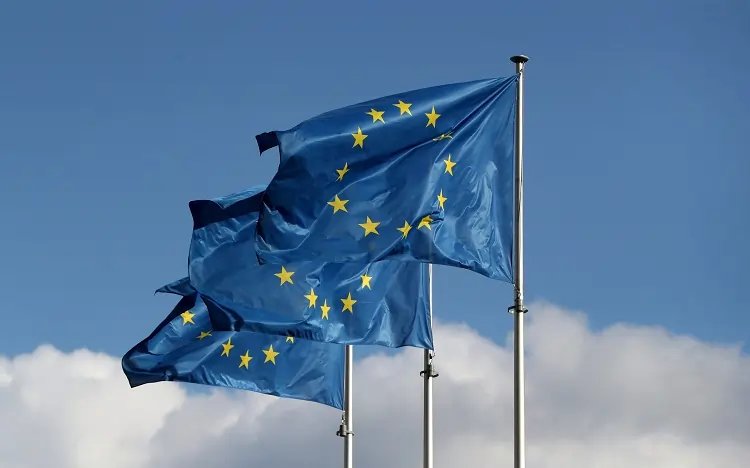French tightening plans credible, Dutch want to spend too much, says Commission


By Jan Strupczewski
BRUSSELS (Reuters) -France’s draft 2025 budget and medium-term plan to bring down public debt are in line with EU rules and credible, while spending plans of the normally frugal Netherlands are too high, the European Commission said on Tuesday.
In an assessment of draft budgets of euro zone countries and their four- to seven-year plans to cut public debt, the Commission said that the overall euro zone fiscal stance would be 0.29% of GDP tighter in 2025 than in 2024, which was good.
The tighter fiscal stance chimes with a warning from the European Central Bank last week that despite easing debt ratios, some euro countries were still fiscally weak, which could trigger “market concerns over sovereign debt sustainability.
France’s bloated public finances have been under particular scrutiny from markets since a June snap election produced a hung parliament and a minority government led by Michel Barnier that will have to push through an austerity budget for 2025.
France is set to have a budget gap of 6.1% of GDP this year and the French draft budget for 2025 aims to cut it to 4% and then bring the gap down to below the EU limit of 3% in 2029.
But Barnier will have a tough time steering this through parliament and, if he fails, it could mean the end of his government and the consolidation plans presented.
Reflecting that growing risk, the premium investors demand to hold French bonds over German ones flirted with highs not seen in more than 12 years.
The Commission said that the fiscal plans of 20 countries – Croatia, Cyprus, Czech Republic, Denmark, Estonia, Finland, France, Ireland, Greece, Italy, Latvia, Luxembourg, Malta, Poland, Portugal, Romania, Slovakia, Slovenia, Spain and Sweden – met EU requirements and “set out a credible fiscal path to ensure fiscal sustainability over the medium term.
The Netherlands, which has a reputation as a fiscal hawk in Europe, was the only country that the Commission said did not respect the new EU fiscal rules.
It said the Dutch government wanted to increase spending by 4.2% on average every year until 2028, while the Commission had asked it to raise spending by only 3.2%.
“The Netherlands is assessed to be not in line with the recommendation, as the net expenditure (both in annual and in cumulative terms) is projected to be above the ceilings,” it said of Dutch plans for 2025 and cumulatively for 2024-2025.
Under the EU’s new fiscal rules, which came into force in April, the Commission and each country agree on a four- to seven-year plan for net expenditure that would bring down debt in a sustainable way and reduce the budget deficit below 3% of GDP. In case of a disagreement on how much a government can raise spending, it is the Commission’s proposal that is adopted as a rule.
Adding to market worries about France’s ability to repay its debts are concerns over European growth prospects because of the lack of a stable government in Germany, which faces a snap election in February.
More worries come from the prospect of U.S. President-elect Donald Trump imposing tariffs on EU goods and from the EU’s trade tensions with China.
“It’s a big mess,” said ING’s global head of macro Carsten Brzeski. “The concern is not that this could lead to a severe recession, but rather it will further contribute to this undermining of economic prosperity in Europe,” adding he was concerned politicians and policymakers would react too late.
The Commission said, however, that despite the tighter fiscal stance EU public investment would grow due to the EU’s recovery fund spending.
“For the euro area as a whole, public investment will increase from 3.4% in 2024 to 3.5% in 2025. We are avoiding one of the mistakes of the previous decade, when the brunt of fiscal consolidation fell on investment and growth suffered as a result” European Economic Commissioner Paolo Gentiloni said.
(Additional reporting by Yoruk Bahceli in London; Reporting by Jan Strupczewski; editing by Philip Blenkinsop and Alex Richardson)
Gross Domestic Product (GDP) measures the total economic output of a country, representing the value of all goods and services produced over a specific time period.
Debt sustainability refers to a country's ability to manage its debt without requiring debt relief or accumulating further debt, ensuring long-term economic stability.
The European Commission is the executive branch of the European Union responsible for proposing legislation, implementing decisions, and upholding EU treaties.
Explore more articles in the Top Stories category











